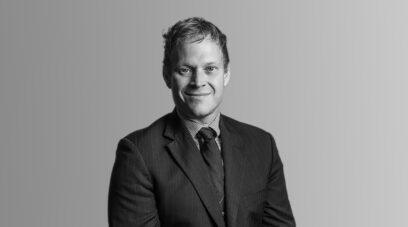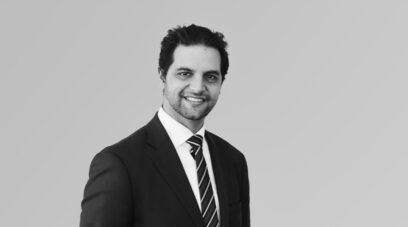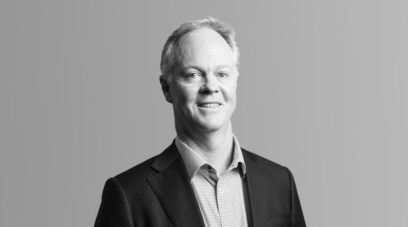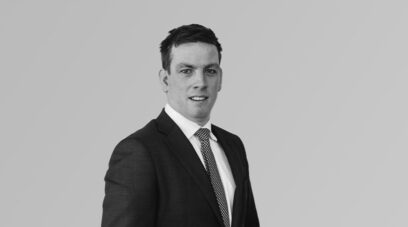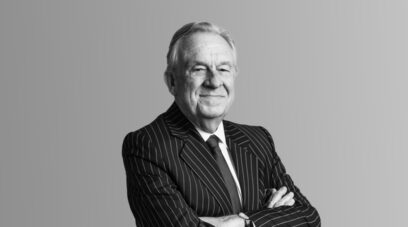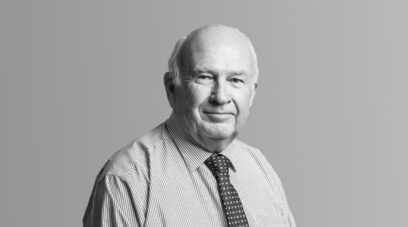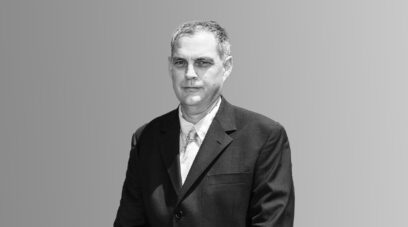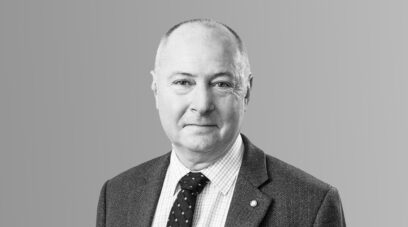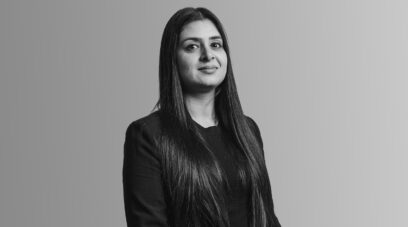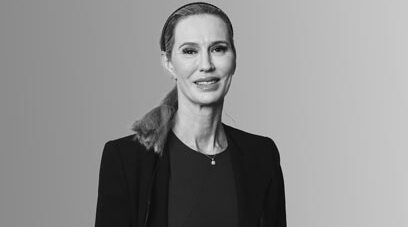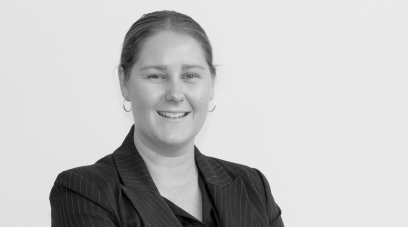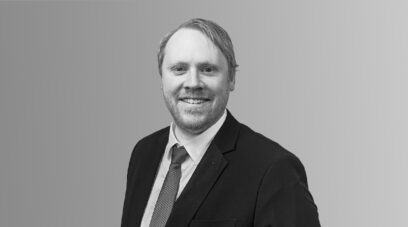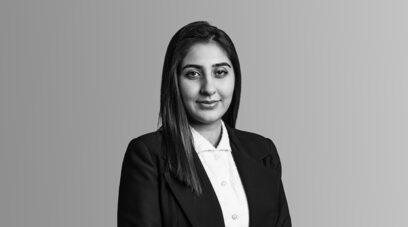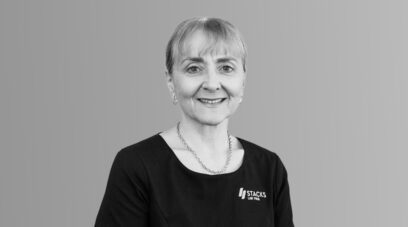Asset structuring and family trusts
A family trust can be a great way to protect your family’s wealth. However, the process involved in setting up a family trust can be quite complex. We are here to help you understand your options and answer any questions you may have.
The way you structure your assets can have a significant effect on their security and your taxation requirements. Putting the right structures in place will help to ensure that your family best benefits from family assets, both now and for future generations.
A family trust is a discretionary trust set up to hold a family’s assets, or to conduct a family business. Family trusts are primarily used for the purpose of splitting family income, and for asset protection. Not only are the rates of income tax applicable to the family income minimised, but a family trust can also help to protect the family group’s assets from any liabilities of one or more individual family members, due to bankruptcy or insolvency.
The income which a trust earns is not taxable in the hands of the trustee, provided that it is distributed to the individual family members by 30 June each year. Rather, it is taxed in each individual family member’s tax return, along with any other income which that particular family member has from other sources.
Family trusts are known as “discretionary” trusts because the beneficiaries have no fixed entitlement to income from the trust. Instead, the trustee has the discretion to decide how the annual income earned by the trust is distributed and how much each beneficiary gets.
Sometimes, to be a family trust, the trust must satisfy the family control test. Any beneficiaries in the trust who are not within the family group are subject to family distribution trust tax on any income of profits they receive.
A member of the Stacks wealth protection team will be able to explain the advantages and advise you on setting up a family trust that best protects your family’s assets.
Want to set up a family trust to help grow and protect your family’s wealth but don’t know where to start? Speak to the specialist wealth protection lawyers at Stacks..

